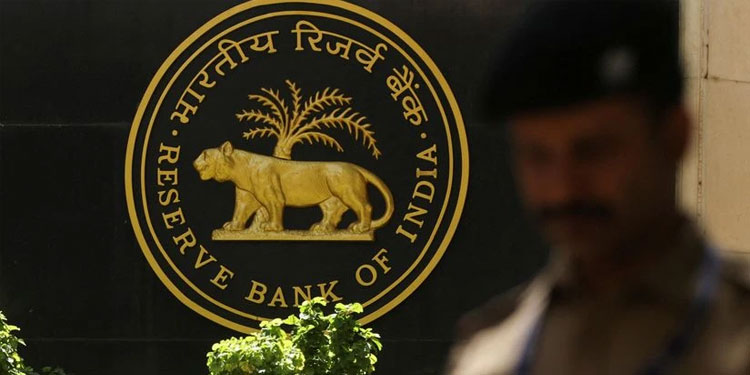
India’s central bank has explained main areas of concern regarding cryptocurrency. The clarification was issued in response to a petition filed in the Supreme Court by the Internet and Mobile Association of India (IAMAI). A document explaining the opinion of IAMAI was passed on to the central bank by the Supreme Court while hearing the formers petition seeking the removal of the crypto banking ban.
RBI’s response was issued privately. However, the explanation given by the central bank got leaked through sources that had seen it. According to the information available, RBI had expressed concern about investor security, absence of intrinsic value, and anonymity of some cryptos, which could encourage money laundering.
Commenting on RBI’s response, Sohail Merchant, CEO of crypto exchange Pocketbits, stated “all the basis of their arguments is ‘Investor Protection.”
Nischal Shetty, CEO of crypto exchange Wazirx, said “Some of the arguments seem to be around investor protection.” He further added that “but investor protection comes with regulation and not a ban!”
Shetty’s views were echoed by Praveen Kumar, CEO of crypto exchange Belfrics
“By limiting transactions via bank accounts and allowing more cash-related transactions, RBI is allowing more people to get duped…Instead, they need to regulate the exchanges and lay down guidelines that can help prevent these frauds.”
RBI is also concerned about that cryptocurrency exchanges are regularly getting hacked. Furthermore, there are already few incidents of crptocurrency related scams in India.
RBI’s view echoes the statement issued by finance ministry last December. The finance ministry stated
“VCs [virtual currencies] don’t have any intrinsic value and are not backed by any kind of assets. The price of bitcoin and other VCs therefore is entirely a matter of mere speculation resulting in spurt and volatility in their prices. There is a real and heightened risk of investment bubble of the type seen in ponzi schemes….”
Regarding anonymous cryptocurrencies, Indian exchanges argue that they enroll customers who are able to comply with KYC norms. Furthemore, the exchanges argue that “all transactions are usually carried out via bank account transfers to keep a tab on the money trail.”
Anonymous cryptocurrencies is a major concern for not only India, but also Japan, US and several countries in Europe. Transactions through cryptocurrencies such as Monero are extremely difficult to track, making it an obvious choice for illegal activities. Japanese regulator is already putting pressure on exchanges in the country to delist cryptocurrencies, which facilitate anonymous transactions.